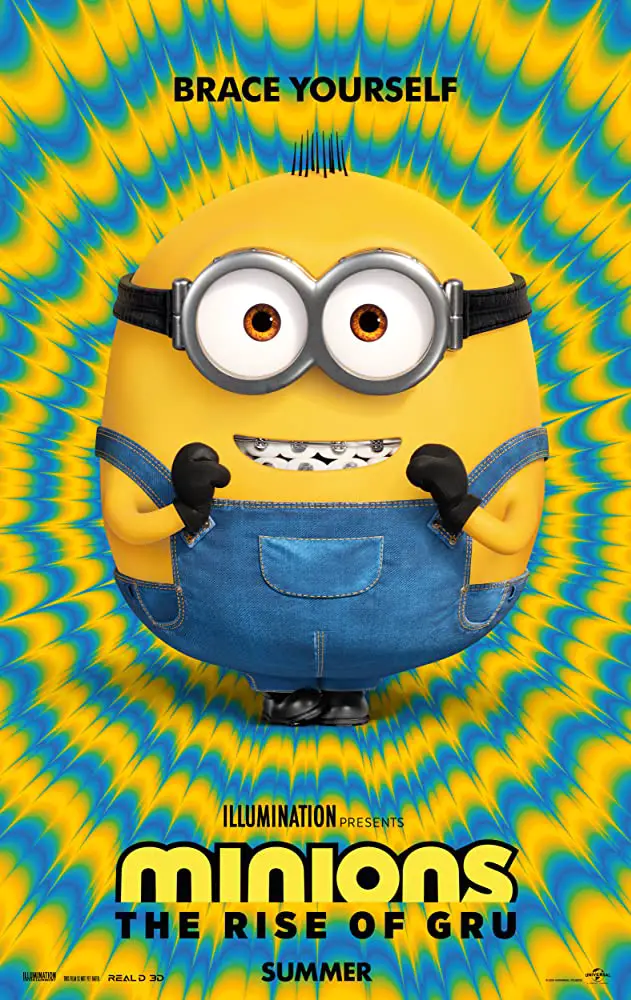Nationwide lockdowns, cancellations, face masks, sanitizers, and toilet paper crisis have become the new normal in today’s panic-stricken society. The coronavirus disease (COVID-19) that originated from Wuhan, China has terrifyingly impacted 119 countries with more than 100,000 confirmed cases in a short span of time and with no clear end in sight. Not only did the rapid increase of the outbreak cause thousands of fatalities, but it also drastically disrupted economies, the stock market, educational institutions, restaurants, tech factories, travel sectors, tourism, and unfortunately, the media and entertainment industry.
A Fast-Paced Industry is Now at an Indefinite Standstill
The uncertainties and hazards of this pandemic have taken a toll on the day-to-day operations of major studios, film festivals, concerts, and events. The repercussions have been tremendously crippling as media and entertainment companies lose billions of dollars due to factors such as the indefinite shutdown of film and TV productions, plummeting theater, festival, and concert attendance, postponed movie releases, and imposed travel bans. This has caused companies across all industries to force their employees to work from home, take unpaid leaves, and all the way to mass layoffs and closures all together.
China’s own film industry has been devastatingly affected since the start of the year as 70,000 movie theaters have closed due to health concerns; causing a domino effect in domestic and international box office sales, and the possibility of obtaining Chinese investors to financially support international films, Hollywood studios, distribution, and production companies. Major studios have made a tough call of pushing back the Chinese premiere of films such as the upcoming James Bond film, No Time to Die, Disney’s Mulan, Paramount’s Sonic the Hedgehog, Sony’s Bloodshot, and including delaying the production of CBS’ The Amazing Race and Paramount’s Mission: Impossible 7 in Italy, among others. So far, the Chinese box-office has lost approximately $200 million just in the first three months of 2020.
The repercussions have been tremendously crippling as media and entertainment companies lose billions of dollars…
The alarming rise of coronavirus cases in the US has prompted the elite and most-anticipated Austin-based annual film, TV, music, and technology festival known as South by Southwest (SXSW) to cancel. Prior to that, Amazon, Netflix, Apple, and WarnerMedia have already pulled out their films, scheduled panels and appearances to protect the welfare of its attendees. The music industry wasn’t spared from the wrath of the virus as major music festivals such as Coachella, Stagecoach, and Ultra Music Festival rescheduled their events to the last quarter of the year.
Movies that have been delayed or postponed indefinitely
Streaming Platforms to the Rescue
Theatrical runs had long been the lifeblood of the entertainment industry. Since the coronavirus, precautionary measures entail avoiding face-to-face interactions, public gatherings, and avoiding crowded places at all costs, the likeliness of people flocking to multiplexes to watch the latest releases is extremely low. Given that most studios have evolved and shifted to video-on-demand services, it is expected that their streaming platforms will be the primary source of entertainment as it offers a wide array of content that specifically caters to every demographic.
Some analysts believe that viewership and new customer subscriptions could potentially increase in the next few weeks considering that school and work have been suspended. However, it doesn’t necessarily imply that the streaming giant, Netflix, will benefit from this due to the fact that they primarily make money on its monthly subscription charges. Although, some ad-supported streaming services such as Hulu, Pluto TV, Sony Crackle, Roku, and YouTube could possibly profit from advertisers as they continue purchasing spaces on their platforms to promote their brands.
While watching films is regarded as a collective experience, these services would likely be the most viable option for studios and production companies to easily disseminate content to consumers during this difficult time, as is the case for the Chinese film Lost in Russia (2020). Instead of a theatrical release, it was distributed on Huanxi Premium streaming platform and Bytedance’s streaming platform, the owner of the most in-demand video platform, Tiktok. But these are short-term solutions. Further down the road, both traditional and streaming services will eventually suffer if companies aren’t able to produce new content due to production delays and cancellations.
…some ad-supported streaming services such as Hulu, Pluto TV, Sony Crackle, Roku, and YouTube could possibly profit…
On the other hand, many are hopeful that weeks of isolation will allow people to develop an appetite to go to the cinema once the virus is contained and it’s deemed safe to be in public places. Although, if this goes on longer than expected, theater owners will be forced to close for good, unemployment will be at an all-time high, and eventually, lead to global recession.
It will unquestionably be a challenging year for the entertainment industry as every division is vital to the overall operational performance of successfully producing, marketing, and distributing films and TV series. The coronavirus may have disrupted the peace, but the media and entertainment industry is projected to bounce back from the loss as soon as business operations across the globe, especially in China, gradually resume regular programming.













